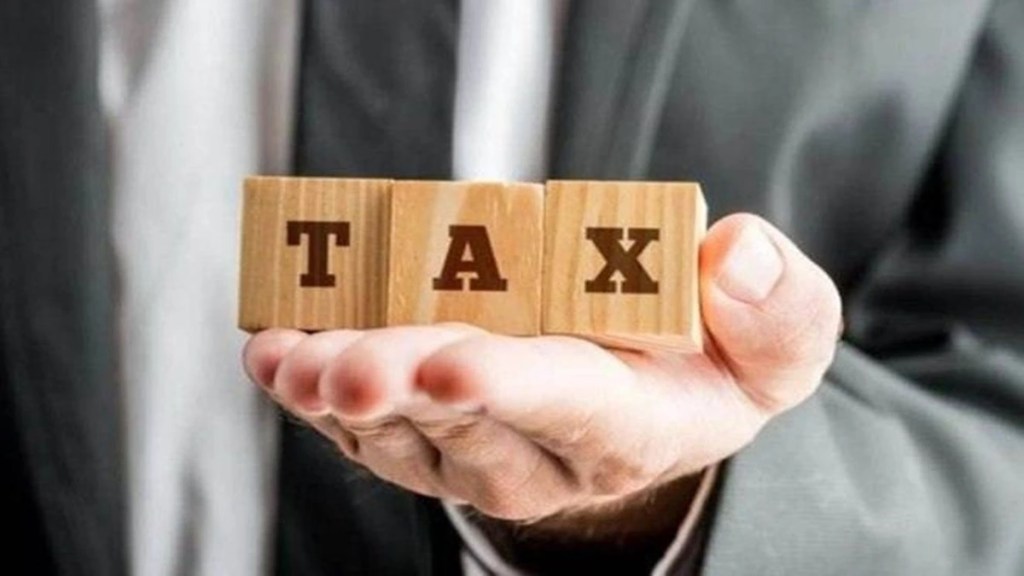The Supreme Court on Thursday held that a general public utility (GPU) cannot engage in any trade or commercial activity if it wants to claim income tax exemptions available to organisations doing charitable work.
However, statutory corporations, boards, authorities, commissions, etc, in the housing development, town planning, industrial development sectors with objects of GPU are entitled to be considered as charities in the GPU categories for taxation purpose, even when they are involved or engaged in activities in the nature of trade, commerce or business, it added.
The apex court accepted the income tax department’s stand that often charities would be created merely to secure exemption from tax, and would carry on large commercial activities and enjoy profits. This rampant abuse of the law by businesses claiming to be driven by charitable purposes had led Parliament to enact laws, depriving exemption for such institutions, the tax department told the Court.
In another recent judgmnet, the top court held that educational institutions or trusts can claim benefits of tax exemptions only if they ‘solely’ engage in education and not in any other activity of profit. For this, they cannot even have objects unrelated to education, the apex court ruled, adding that if the objective of the institution appeared to be profit-oriented, such institutions can not get approval under Section 10(23C) of the Income Tax Act.
Also Read: Huge scope for value-added exports even in global turmoil: Commerce secy
A bench comprising Chief Justice Uday Umesh Lalit and justices S Ravindra Bhat and P S Narasimha said that carrying on any trade, commerce, or business acts as a bar or disqualification for a GPU category charitable trust to claim tax-exempt status under the Income Tax Act. “It is clarified that an assessee advancing general public utility cannot engage itself in any trade, commerce or business, or provide service in relation thereto for any consideration (cess, or fee, or any other consideration),” Justice Bhat, writing the judgement, said while taking note of the submissions of the revenue authorities that the law on tax exemption for charitable work was changed to “expressly forbid the tax exemption benefit if the entity was ‘involved’ in carrying on trade or business.”
However, it said that in the course of achieving the object of GPU, the trust concerned, society, or other such organisation, can carry on trade, commerce or business or provide services in relation for consideration provided the activities of trade, commerce or business were connected to the achievement of its objects of GPU.
The GPU can carry on with commercial activities if the receipt from such business or service does not exceed the quantified limit, “as amended over the years (Rs 10 lakhs w.e.f. 01.04.2009; then Rs 25 lakhs w.e.f. 01.04.2012; and now 20 per cent of total receipts of the previous year, w.e.f. 01.04.2016)”, the judgement said.
The judgment came on a batch of appeals related to the interpretation of a provision to Section 2(15) of the IT Act, which defines “charitable purpose” to include relief of the poor, education, medical relief, preservation of the environment and preservation of monuments or places or objects of artistic or historic interest, and the advancement of any other object of general public utility.
Dealing with government authorities or corporations, it said the amount charged by a statutory corporation for achieving ‘public functions’ such as housing, industrial development, supply of water, sewage management, supply of foodgrains may resemble trade, commercial, or business activities.


